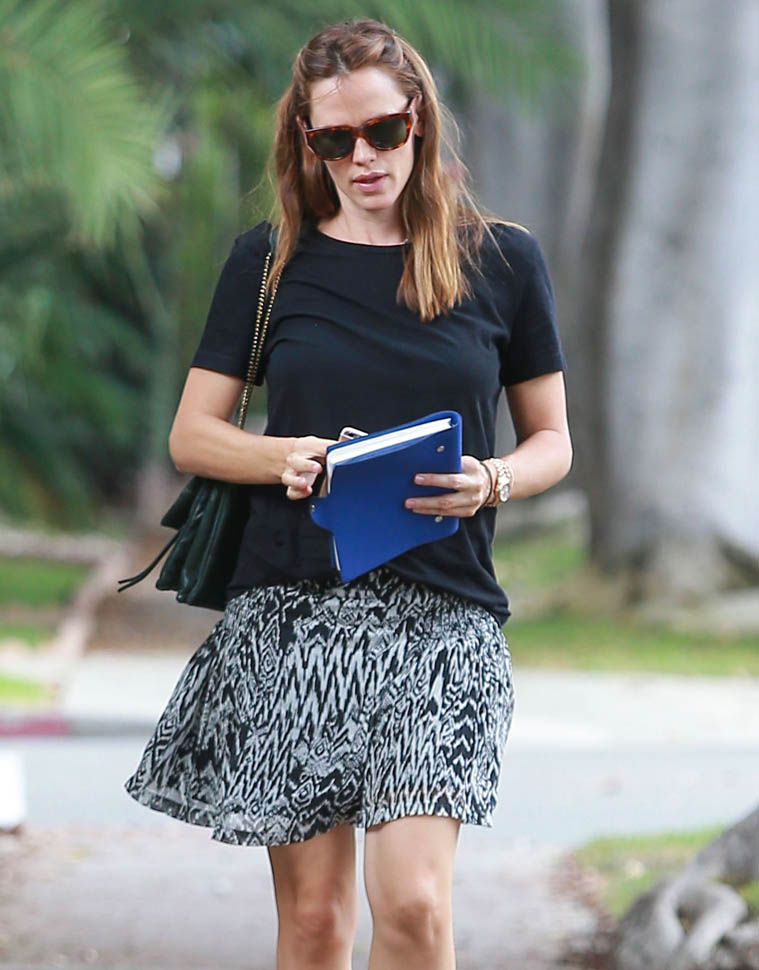Natalie Portman’s A Tale Of Love And Darkness TIFF review



What happens when an actress-writer-director arrives on a red carpet with just 20 minutes to go before her North American premiere? She has her publicist walk the press line in advance to tell reporters what she’s wearing, to guarantee you’ll #askhermore. It was Lanvin.
Natalie Portman arrived solo at the TIFF premiere of her film A Tale of Love and Darkness last night, a day after revealing she loves Broad City, is (almost?) embarrassed by Garden State – click here if you missed my post yesterday. A Tale of Love and Darkness, from an outsider’s perspective, may look like a hard sell. Natalie optioned the rights to Amos Oz’s autobiography of the same name over eight years ago, and insisted her film be shot and written in Hebrew. At the very heart of it, it’s about a mother’s guilt and longing after Israel became a state in 1948. But can Natalie direct?
Absolutely… except the film is weighed down by its commitment to its poetry. To those unfamiliar with Oz’s writing, hearing a line like “Two children of an abusive father may not necessarily become allies” (about Israel, Palestine and British rule) may sound heavy-handed. It’s not. It’s a definitive line in the film, and something Natalie spoke to last night with Canada’s newspaper of record, The Globe and Mail. However, the (gorgeous) film, which is shown through the eyes of a young Amos (Natalie plays his mother), relies too strongly on this prose. Even though the film’s narration, from Amos, appears retroactively, it also carries too much wisdom for a child around eight-years-old.
The film involves Fania’s (Natalie’s) family and their adjustment to life in Jerusalem after the Holocaust and World War II. She’s married to an aspiring novelist and librarian who seemingly cares more about etymology than his wife’s happiness, or son’s success. Quickly, as war breaks out, he spends even less time with his family. After the sudden death of her best friend, she becomes inconsolable, even with the promise of Israeli statehood ahead. Her only bright light is her son Amos, who speaks like his father but yearns for his depressed mother’s happiness above all else. Having young Amos say “I’m not sensitive!” is not the new “It’s MY turn.”
I can understand why this film got mixed-at-best reviews at Cannes. It’s a lot to process, and tries very hard to show both sides of the Israeli-Palestinian conflict in a neutral, but sensitive manner. Yet, that’s what’s so great about Natalie’s vision – she’s a provocateur, too and talking about Israel isn’t necessarily polite conversation. Making a movie about its statehood is an even trickier challenge. Natalie succeeds in establishing this delicate balance, but it’s too faithful to its source material and not as universal as she had hoped it would be.












